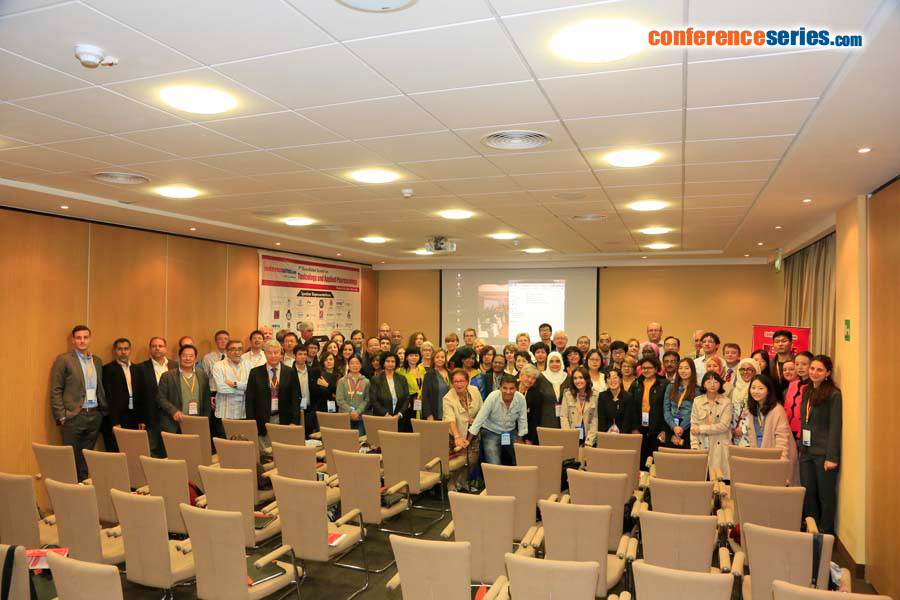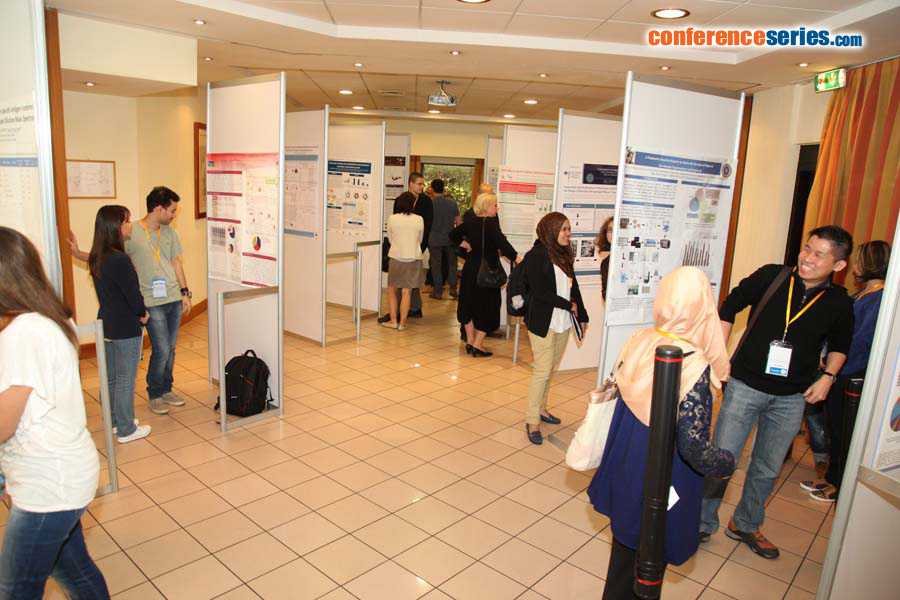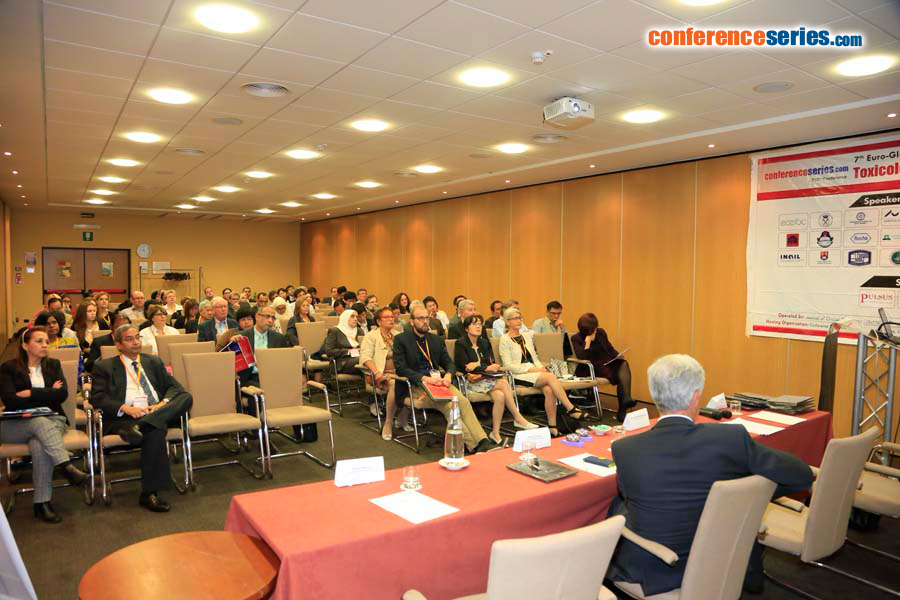Ajeya Nandi
University of Calcutta, India
Title: CCR-2 neutralization augments murine fresh bone marrow cells activation by S. aureus via ROS production and cytokine response
Biography
Biography: Ajeya Nandi
Abstract
Recruitment of monocytes from the bone marrow into the bloodstream and then to the sites of infection is regulated by CCL-2/CCR-2 signaling. But, involvement of CCL-2/CCR-2 signaling in the killing of S. aureus by murine fresh bone marrow cells is a pertinent question. The intermittent link of ROS and NF-κB/p38-MAPK mediated MCP-1 production in CCR-2 signaling has prompted to determine whether neutralization of CCR-2 augments the response of murine fresh bone marrow cells (FBMC) after S. aureus infection utilizing ROS production and cytokines in the killing of S. aureus. It was observed that FBMCs treated with anti-CCR-2 antibody released less ROS and NO on encountering S. aureus infection compared to CCR-2 non-neutralized FBMCs also correlating with reduced killing of S. aureus in CCR-2 neutralized FBMCs. Staphylococcal catalase and SOD also found to play a role in protecting S. aureus from the ROS mediated killing of FBMC. CCR-2 neutralized FBMCs infected with S. aureus exhibit less production of TNF-α, IFN-γ and IL-6 with increased IL-10 as compared to CCR-2 intact FBMCs. S. aureus infection to CCR-2 intact FBMCs pretreated with either NF-κB or p-38-MAPK blocker caused less MCP-1 suggesting that NF-κB or p-38-MAPK is required for MCP-1 production by FBMCs. Moreover, blocking of CCR-2 along with NF-κB or p-38-MAPK showed elevated MCP-1 production and reduced CCR-2 expression. Therefore, inhibition of CCR-2 exacerbates the murine fresh bone marrow cells response to S. aureus infection by utilizing the ROS production and by regulating the cytokine response.




